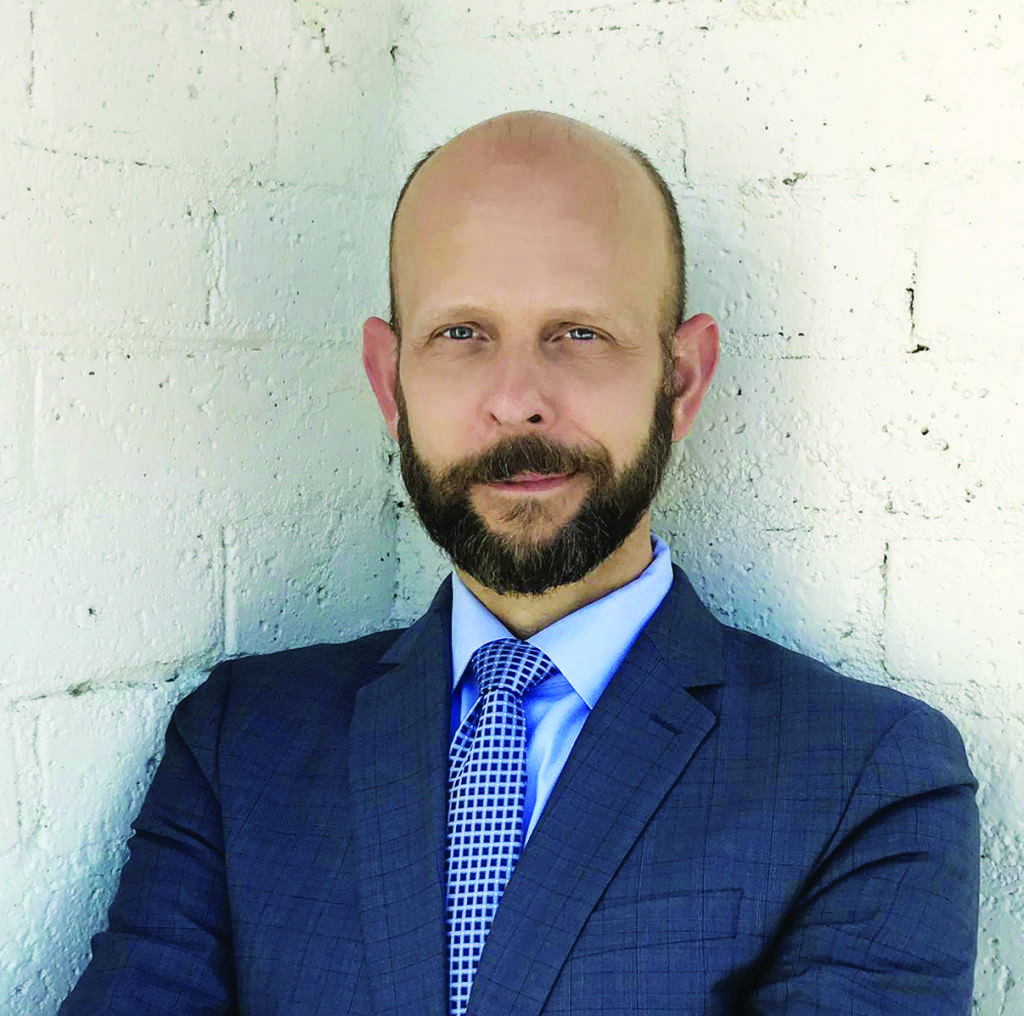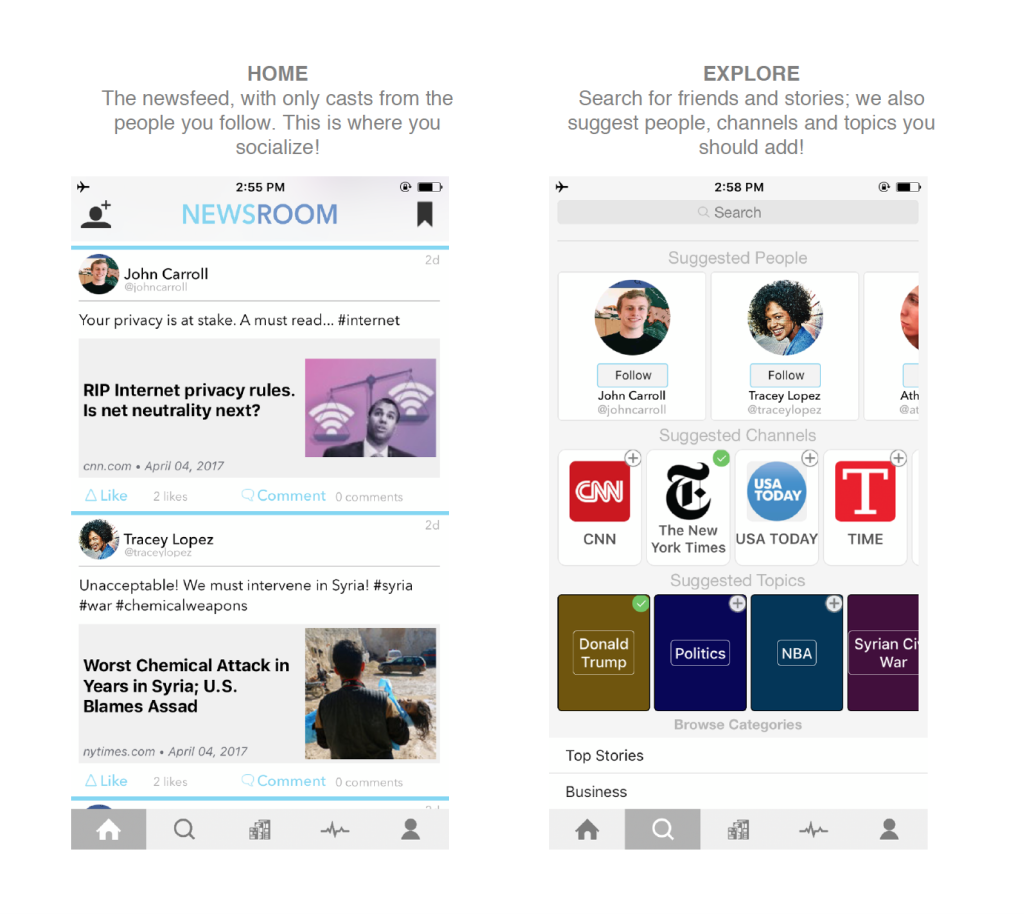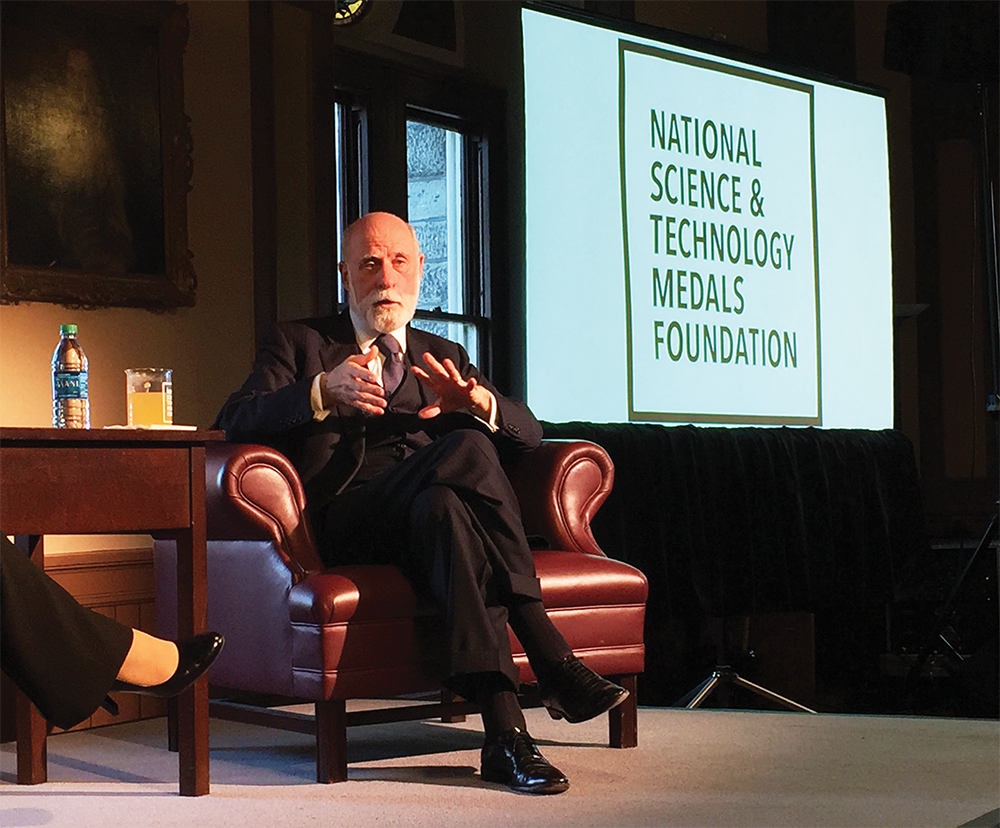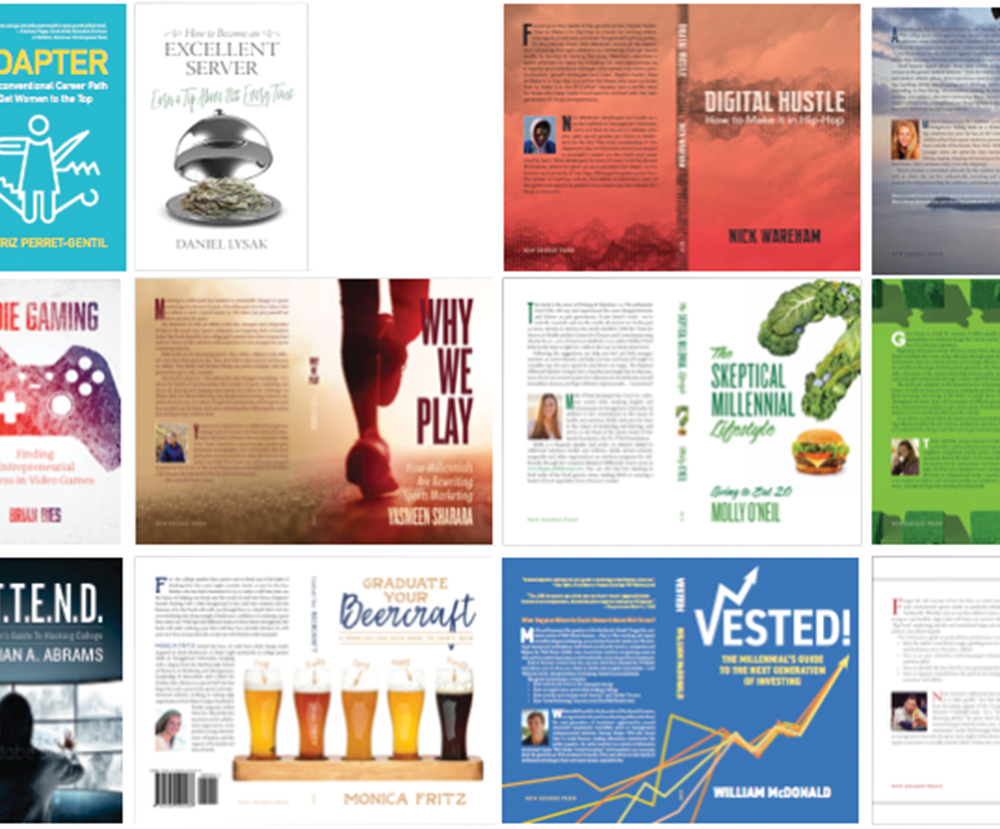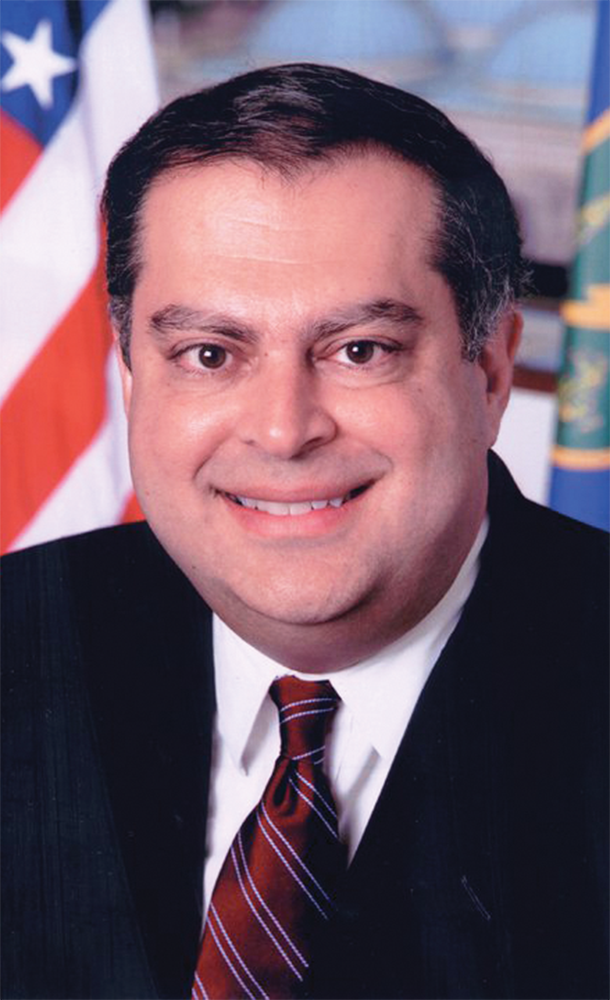As each of us wakes up in the morning, most likely to a generic jingle that has been preprogramed onto our smart phone, we cannot deny that one of our first tasks of the day is to check the notifications we have missed while we were asleep.
Before even getting out of bed, there is a large chance that we have responded to our most pressing text messages, refreshed our email, checked the top headlines from the morning news, perhaps on Facebook, and scrolled through Instagram — all with a remarkable efficiency that is almost second nature. Even if we are reluctant to admit this morning ritual, we can be assured that we are not alone.
In an ever increasingly digital age, more and more people are beginning to rely on social networking sites as one of their primary news outlets. According to the Pew Research Center, 67 percent of adults in the United States use Facebook and roughly two-thirds of these users look to Facebook to provide them with their news. In other words, almost 44 percent of the American adult population relies on Facebook to keep stay informed about major events occurring both domestically and abroad.
While it is impressive that Facebook has been able to evolve from a purely social tool to one of the most popular news aggregators, this phenomenon is not without its challenges. It is almost impossible to scroll through Facebook without seeing grossly obvious clickbait news stories. Although many users are quickly able to detect and avoid such articles, the problem now lies in fake news stories and articles becoming increasingly sophisticated and therefore harder to spot at first glance.
These fake news sites pose a great threat to social media sites that hope to become respected news platforms in the future. Furthermore, by allowing false information to be so easily available and spread, countless users are misled by information that is either wholly or partially untrue. As a result, both Facebook and Google have recently begun to target and punish fake news websites that proliferate the dissemination of false information online.
In a written statement released this week, Google spokeswoman Andrea Faville said, “Moving forward, we will restrict ad serving on pages that misrepresent, misstate, or conceal information about the publisher, the publisher’s content, or the primary purpose of the web property.” While Google’s new policy will not entirely remove fictitious news articles from search query yields, it will make it harder for the publishers of such articles to generate revenues.
Facebook, similarly, has clarified its existing policy to state that advertisements will not be integrated or displayed in any applications or sites that are illegal, misleading or deceptive. In an approach similar to Google’s, Facebook aims to merely strip the publishers of false information of their access to cash, rather than ban them outright from their website.
In doing this, Facebook and Google are actively responding to recent criticism that they have directly impacted the result of the 2016 presidential election by offering a platform for fictitious stories to be circulated. Mark Zuckerberg has discounted this criticism by asserting that “more than 99 percent” of Facebook’s content is authentic.
Although it is hard to discern if the fake news stories shared on Facebook were directly responsible for the outcome of the presidential election, this criticism brings to light an interesting debate: To what extent are social media sites responsible for the content their users post?
Because Facebook is not a traditional media source, it cannot be held entirely responsible for the content its users generate and share. Conversely, as a platform that over 40 percent of Americans turn to for their daily news, it ought to be held somewhat accountable for the information on its site.
Facebook and Google have reached an interesting compromise that allows them to accept responsibility for their role in providing news to their users while still functioning as platforms where anyone’s voice can be heard. By stripping the publishers of fake news stories of their revenue stream, these networks have made it much more difficult for users to be exposed to false content, but have also not denied anyone the ability to publish their thoughts and opinions — no matter how egregiously inaccurate they may be.
As we begin to come to terms with the 2016 presidential election’s result, it seems that Facebook and Google are very happy to avoid taking any credit or blame for its outcome.
Bianca DiSanto is a senior in the McDonough School of Business. Think Tech appears every Friday.



